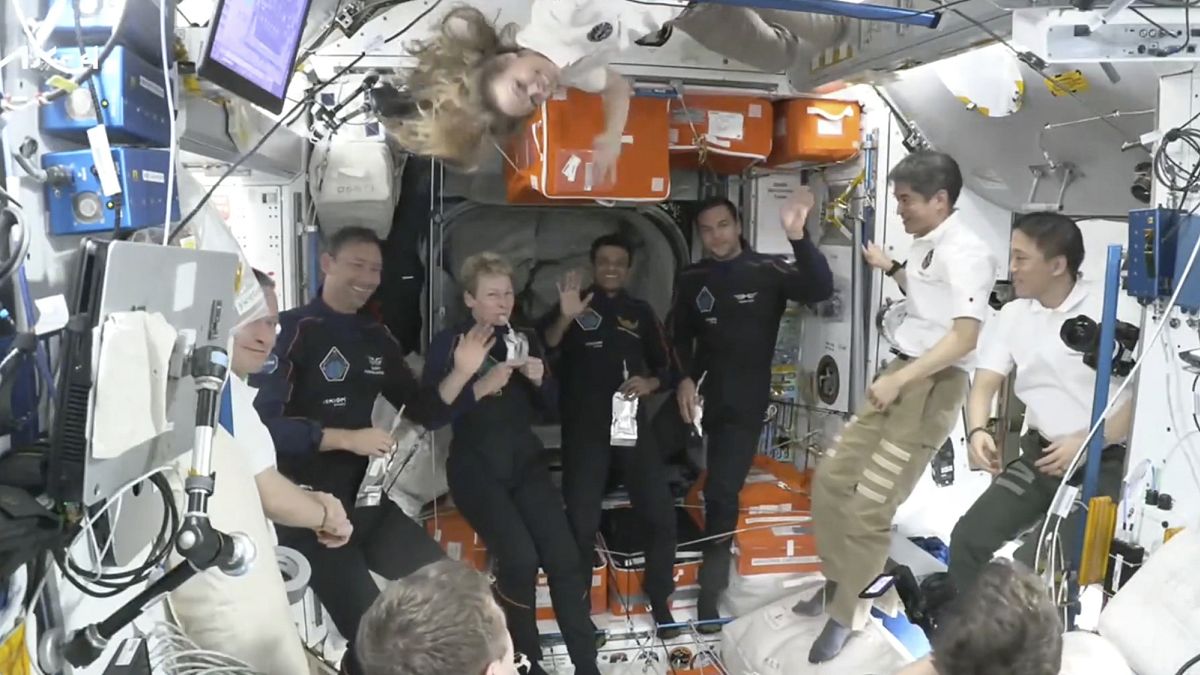

This week marks a significant time across various domains worldwide, from strides in space exploration to global economic pledges, as well as peace-driven traditions and ambitious tourism projects. Each of these developments reflects a unique but interconnected aspect of our global society.
The International Space Station (ISS), a beacon of global scientific collaboration, has recently welcomed astronauts from Poland, Hungary, and India for the first time, symbolizing a momentous milestone in space exploration. As NASA prepares to transition away from the ISS by 2030 after over three decades of successful operation, these missions highlight an enthusiastic participation by newer nations in this epochal endeavor. The increasing involvement of countries across different continents in space ventures underscores an expanding frontier of human exploration and scientific achievement. As NASA encourages private initiatives to develop and enhance space-station efforts, this diverse participation promises a broader perspective in future space missions.
Meanwhile, Qatar has reaffirmed its commitment to the Asian Infrastructure Investment Bank (AIIB) and announced its role as host for the 2026 annual meeting of the AIIB. This gathering is poised to be a pivotal point for the Bank’s mission to solidify its standing as a catalyst for global development and economic progress. The choice of Qatar, known for its strategic location and economic prowess, is expected to enhance the collaborative potential of the meeting, fostering stronger partnerships and initiatives aimed at sustainable development. The annual meeting will offer a platform for dialogue and exchange of ideas, vital for steering global economic policies towards inclusive growth.
In the Philippines, over 2,000 individuals engaged in a heartfelt mud ritual in northern Luzon, dressed in mud and banana leaves, as they embarked on a serene procession to a church. This moving tradition is a testament to a profound desire for global peace, commemorating a miraculous event from World War II. Such communal expressions of faith and hope highlight the universal yearning for harmony and a peaceful existence. As participants meditate on world peace, the ritual serves as a powerful reminder of the shared aspirations that transcend cultural and geographical boundaries.
Simultaneously, in North Korea, a distinct venture into developing tourism has been marked by the opening of the Wonsan Kalma beach resort, hailed by Kim Jong-un as one of the country’s significant achievements this year. Accompanied by his daughter, Kim Ju-ae, who is widely considered his heir, Kim Jong-un’s presence signifies a strategic push towards diversifying the nation’s economy through tourism. The leader’s approval of such a project marks a marked shift in focus domestically, which could signal a future opening for international visitors, further integrating North Korea with the global tourism landscape.
Each of these stories highlights a unique aspect of human endeavor, whether through the exploration of outer space, economic collaboration, the pursuit of global peace, or tourism development. Together, they portray a world that, despite its challenges, is continually reaching for progress and understanding, manifesting collective aspirations towards a harmonious and fruitful future. As these narratives unfold, they remind us of the global interconnectedness that underpins our individual actions and the broader implications of our shared ambitions.
Source: {link}
